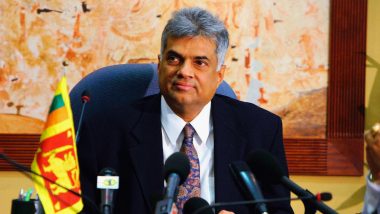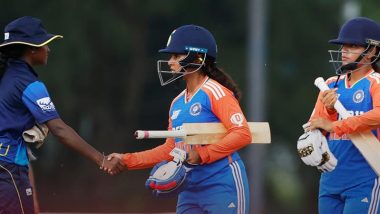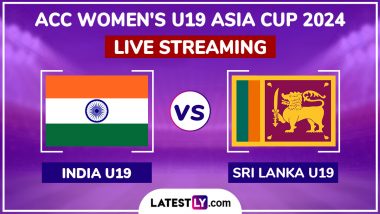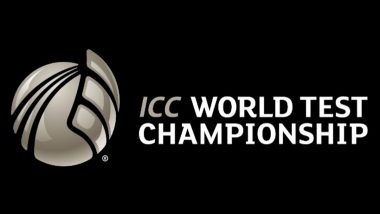Sri Lanka's attorney general has refused to endorse the president's dismissal of the prime minister, the clearest sign yet the move may be unconstitutional.
The speaker, seeking the AG's opinion, asked five questions including the one on the validity of President Maithripala Sirisena dismissing Ranil Wickremesinghe as the premier.
The Attorney General Jayantha Jayasuriya wrote to the speaker, "Having regard to the role of the Attorney General under the Constitution, I am of the view that expressing an opinion on the said questions would be deemed inappropriate".
Jayasuriya's refusal has bolstered Wickremesinghe's claim that the president acted outside the constitution by dumping him for Mahinda Rajapaksa, a former president who ruled with an iron fist for a decade. He was voted out over claims of massive corruption.
Wickremesinghe has refused to leave the prime minister's official residence and demanded Sirisena reconvene parliament so MPs can vote for a leader and end the constitutional crisis. Wickremesinghe himself had led the amendment of Sri Lanka’s constitution after winning the premiership in 2015 to remove the president's power to sack prime ministers.
President Sirisena replaced Wickremesinghe with former president Mahinda Rajapaksa in a dramatic turn of events last Friday. Sirisena also suspended Parliament until November 16, which experts said was meant to buy time to engineer crossovers from Wickremesinghe's side to Rajapaksa in the 225 member parliament to reach the 113 working majority mark.
Wickremeshinghe claims the support of 106 parliamentarians while the Sirisena-Rajapaksa combine has 99.
So far only 12 of the Cabinet positions out of 30 have been filled. More leaders may join Rajapaksa's side, Udaya Gammanpila, a Rajapaksa loyalist, said, adding that "we are keeping ministerial positions vacant for them".
On Tuesday, angry protests rocked Sri Lanka's capital as thousands of demonstrators gathered for a rally organised by deposed prime minister Wickremesinghe's party against what it said was a "coup" by President Sirisena, even as the opposing sides were engaged in efforts to secure their numbers in Parliament to end the country's political crisis.
Wickremesinghe's position was bolstered by a statement in the British House of Parliament where Hugo Swire, a former deputy foreign minister in charge of South Asia, said they continue to treat him as the legitimate prime minister.
New Prime Minister Rajapaksa assumed duties Wednesday as the Minister of Finance and Economic Affairs. "When I left office in 2015, our growth was six per cent plus, but during the last three years and 10 months, the growth rate has reduced to three per cent.
"We have to protect our local industries and stop foreign influence on the economy," Rajapaksa said as he called for simplifying taxes, echoing the criticism of high taxes during the Wickremesinghe government.
The country's main Tamil party Tamil National Alliance (TNA), after a meeting with Rajapaksa, said they were not treating Rajapaksa as the lawfully-elected prime minister. "We met him on his request as a fellow member of Parliament and his title of (former) president," senior TNA leader M A Sumanthiran said. (With PTI inputs)
(The above story first appeared on LatestLY on Nov 01, 2018 07:59 AM IST. For more news and updates on politics, world, sports, entertainment and lifestyle, log on to our website latestly.com).













 Quickly
Quickly





















